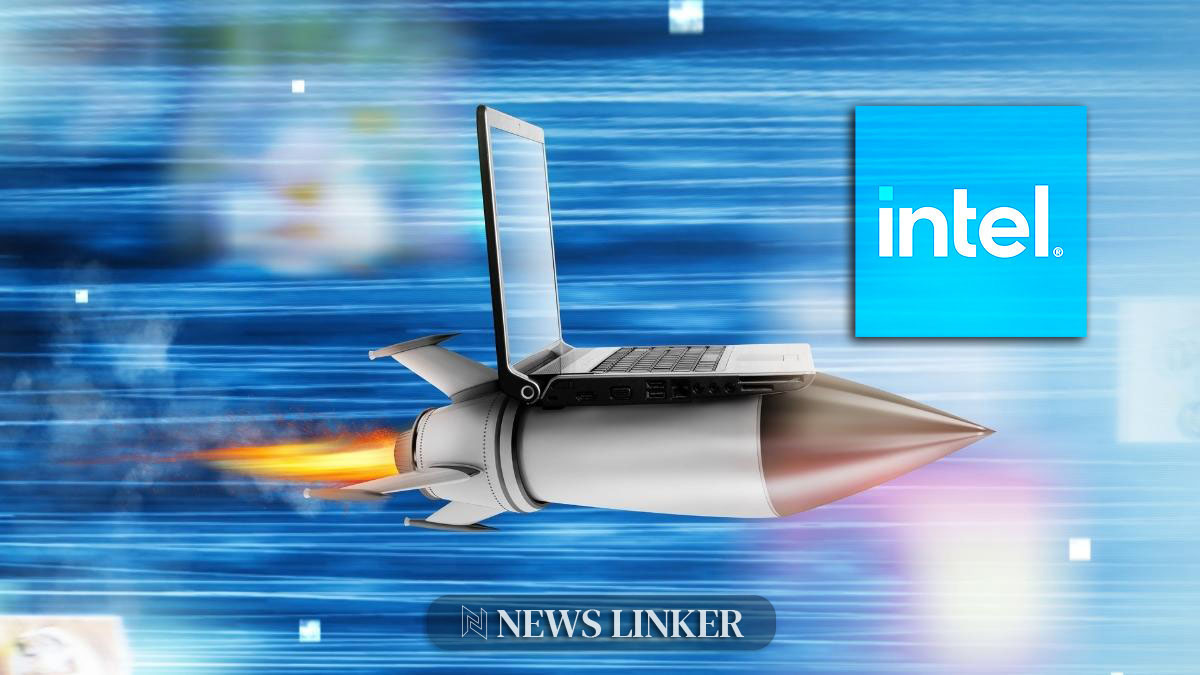The technology industry constantly evolves with new product cycles, often leading to the discontinuation of older models. Intel, a major player in the semiconductor sector, has begun the gradual phasing out of its Raptor Lake processors. Consumers can still purchase these 13th-gen models for now, as the transition to newer generations is a process that typically unfolds over a period of time, ensuring product availability and support for existing customers.
Intel’s Product Lifecycle and Market Strategy
Intel’s strategy for managing product lifecycles typically involves a carefully planned timeline that allows for the introduction of new innovations while maintaining support for existing technologies. The Raptor Lake chips, being part of this strategic process, are now on their way to being succeeded by upcoming releases, which promise enhanced performance and energy efficiency. Despite this progression, Intel ensures a buffer period for consumers and industries reliant on the current-gen chips, balancing the market transition with customer needs.
Background and Industry Impact
The semiconductor industry has historically seen regular and planned product phase-outs, coinciding with the introduction of advanced technologies. Intel’s Raptor Lake chips have been part of a competitive market, where performance benchmarks and technological improvements are paramount. As newer generations are developed, the older chips enter a legacy phase, where they continue to be available but are no longer the primary focus of the company’s manufacturing and marketing efforts. This cycle impacts not only consumer choices but also the wider technology ecosystem, influencing everything from supply chains to software development.
Industry Observations from Related Reports
Insights from various technology news platforms reveal a broader context to Intel’s decision. An article on AnandTech discusses Intel’s roadmap and future chip architecture that may influence the market well beyond the current generation. Additionally, Engadget’s coverage on AMD‘s latest CPU launches illustrates the highly competitive environment in which Intel operates, suggesting that the phase-out of the Raptor Lake series is a step towards maintaining market relevance in the face of stiff competition.
Useful Information for the Reader
- Intel’s Raptor Lake chips will remain purchasable in the near-term.
- Newer Intel generations aim for improved efficiency and performance.
- The tech industry’s shift may affect related software and hardware markets.
The gradual discontinuation of Intel’s Raptor Lake processor line marks a significant point in the ever-advancing tech landscape. Consumers and businesses can still invest in these models with confidence, as Intel’s transition periods are designed to minimize disruption. The move reflects a broader industry trend where innovation drives the market, while legacy support remains a critical aspect of the consumer-technology relationship. With every sunset of a previous generation chip comes the dawn of newer, more capable silicon that promises to enhance our digital experiences.










